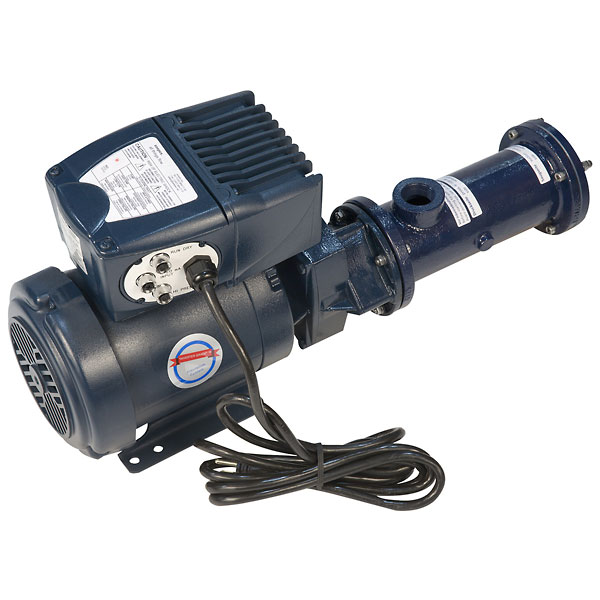Announcement posted by John Morris Group 06 May 2015
Considering using a progressive cavity pump? These pumps are designed for heavy industrial applications in which pumping high viscosity fluids is necessary.
Learn all about how these pumps work and why you may need one in this short video (below). Colin Heathfield, Technical Sales Manager from our UK office, tells us all about it.

A progressive cavity pump is a type of positive displacement pump and is also known as a progressing cavity pump, progg cavity pump, rotary screw pump, eccentric screw pump or cavity pump. It transfers fluid by means of the progress, through the pump, of a sequence of small, fixed shape, discrete cavities, as its rotor is turned. This leads to the volumetric flow rate being proportional to the rotation rate (bidirectionally) and to low levels of shearing being applied to the pumped fluid. Hence these pumps have application in fluid metering and pumping of viscous or shear-sensitive materials. The cavities taper down toward their ends and overlap with their neighbours, so that, in general, no flow pulsing is caused by the arrival of cavities at the outlet, other than that caused by compression of the fluid or pump components.
Watch our comprehensive video including a discussion of the technology and its terms, strengths and drawbacks plus applications.
Typical uses are:
Food and drink pumping
Oil pumping
Coal slurry pumping
Sewage and sludge pumping
Viscous chemical pumping
Stormflow screening
Downhole mud motors in oilfield directional drilling (it reverses the process, turning the hydraulic into mechanical power)
Limited energy well water pumping
Need more information on Pumps? Our Technical Experts want to hear from you
AUS Freecall Ph. 1800 552 724 or NZ Freecall Ph. 0800 651 700 email: cpinfo@johnmorris.com.au

